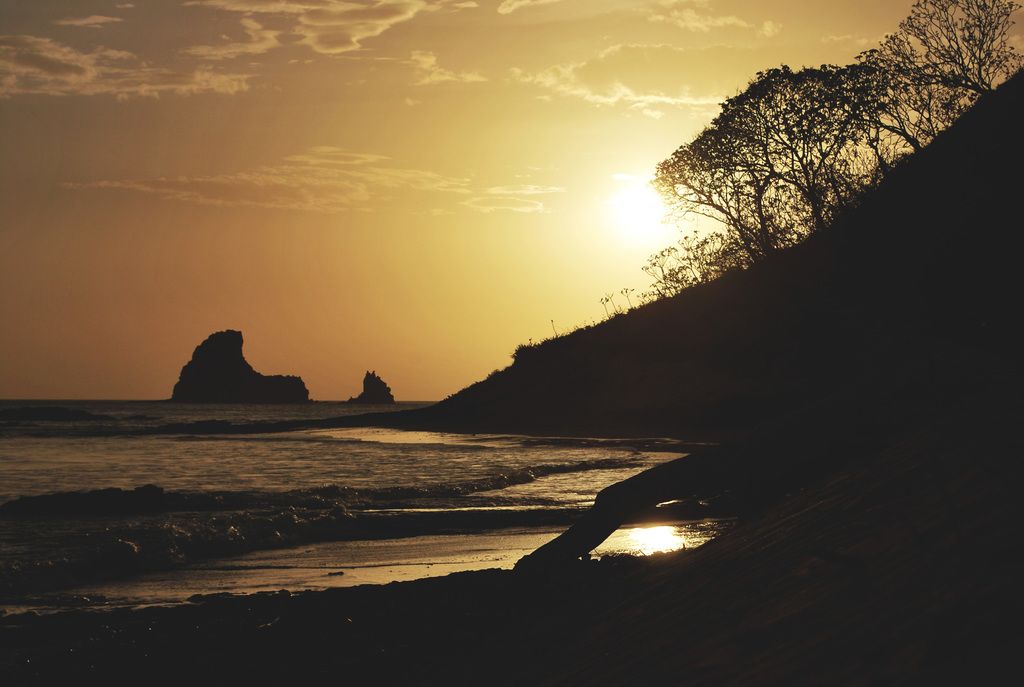Mass wildfires prompt displacement of an additional 1,000 residents in Manitoba's territories
Wildfires Force Thousands to Flee Canadian Provinces
Got a match? Or maybe a careless strain of discarded cigarette butts or a campfire left unattended? These seemingly minor actions are causing havoc in two Canadian provinces, Manitoba and Saskatchewan, where wildfires have been raging, leading to thousands of evacuations and a state of emergency.
The scorching heat and overwhelming dryness, influenced by climate change, are providing the perfect backdrop for the rapid spread of these wildfires. And sadly, the majority of these fires have human roots, with an overwhelming 90% of wildfires traced back to human activity in Manitoba this year.
Forced from Homes
The quaint town of Snow Lake, Manitoba, was under a mandatory evacuation order on a stormy Friday, as a ferocious wildfire threatened the area. This fire has grown to a whopping 3,000 square kilometers, twice the size of Los Angeles, and has already uprooted all 5,000 residents of nearby Flin Flon, and an additional thousand from surrounding cottages and homes.
When the displaced residents of Snow Lake are included, Manitoba counts a staggering total of 19,000 individuals who have been forced from their homes. Currently, Manitoba is battling 27 active wildfires, with eight of them being out of control.
The smoky remnants of these Canadian wildfires have been wreaking havoc on the air quality in eastern Canada and the U.S., with some smoke even reaching Europe.
Premier Wab Kinew of Manitoba has assured evacuees that they have secure accommodations with friends or family, hotels, or congregate shelters. However, neighboring Saskatchewan province has been facing a similar ordeal.
Scorched Earth
In Saskatchewan, two individuals have been charged with setting wildfires, one in relation to a fire near La Ronge, which forced an astounding 7,000 people from their homes. As of now, there are 24 active wildfires burning in Saskatchewan, resulting in the displacement of between 10,000 and 15,000 people from their homes.
"Many, if not virtually all, of the fires we're dealing with in Saskatchewan ... are human-caused. Some of those have been intentionally human-caused," claimed Saskatchewan's Premier, Scott Moe. The province is also under a state of emergency, allowing for seamless coordination between levels of government during emergency response.
Moe emphasized that they are in constant contact with the federal government but have not called upon the military for assistance with airlifting evacuees, as ground transportation has sufficed thus far. The Red Cross is also setting up congregate shelters for evacuees in Regina, Saskatoon, and Prince Albert.
The wildfire season in Canada runs from May through September, and the year 2023 marked the worst-ever wildfire season, choking much of North America with dangerous smoke for months. Here's hoping we don't see a repeat of that catastrophe in the near future!
In Other News...
- Supreme Court Greenlights DOGE Team's Access to Social Security Systems: With data on millions of Americans at stake, the Supreme Court has given the go-ahead for the DOGE team to access Social Security systems.
- Kilmar Abrego Garcia Returns, Charged with Deporting People Illegally: Kilmar Abrego Garcia is back in the U.S. and facing charges for transporting people in the country illegally.
- Trump in Damage Control: In a race against time, Trump is working to rectify his big mistake: firing too many people.
- ICE Officers Stuck in Shipping Container: Trapped with deported migrants, ICE officers found themselves in a sticky situation in a Djibouti shipping container.
- Aspiring College Student Swaps Burger King for a Viral College Fund: A diligent teenager trading his Burger King apron for college fund fame is making waves online.
The wildfires ravaging Manitoba and Saskatchewan, Canada, have resulted in widespread evacuations, with over 19,000 and 10,000-15,000 individuals displaced, respectively. Despite the ongoing crisis, both provincial governments are coordinating with the federal government, leveraging policy-and-legislation and environmental-science to combat the wildfires. In Manitoba, Premier Wab Kinew has assured evacuees, while Saskatchewan's Premier, Scott Moe, claims that most fires are human-caused. Meanwhile, in general news, the Supreme Court has granted the DOGE team access to Social Security systems, and a former deportee transporter faces charges. Elsewhere, Trump is damage controlling due to mass firings, ICE officers are stuck in a shipping container with deported migrants, and an enterprising teenager is swapping his Burger King job for a viral college fund. It seems politics, science, and the environment converge in the fierce wildfire struggle and other aspects of the news.







